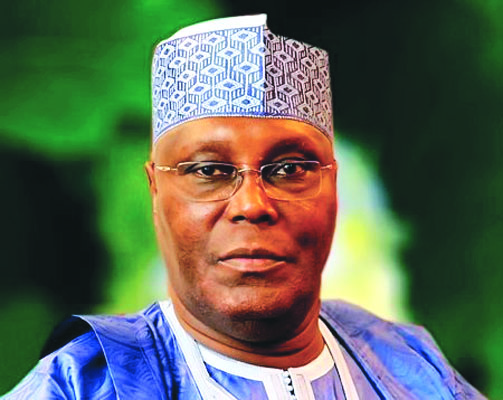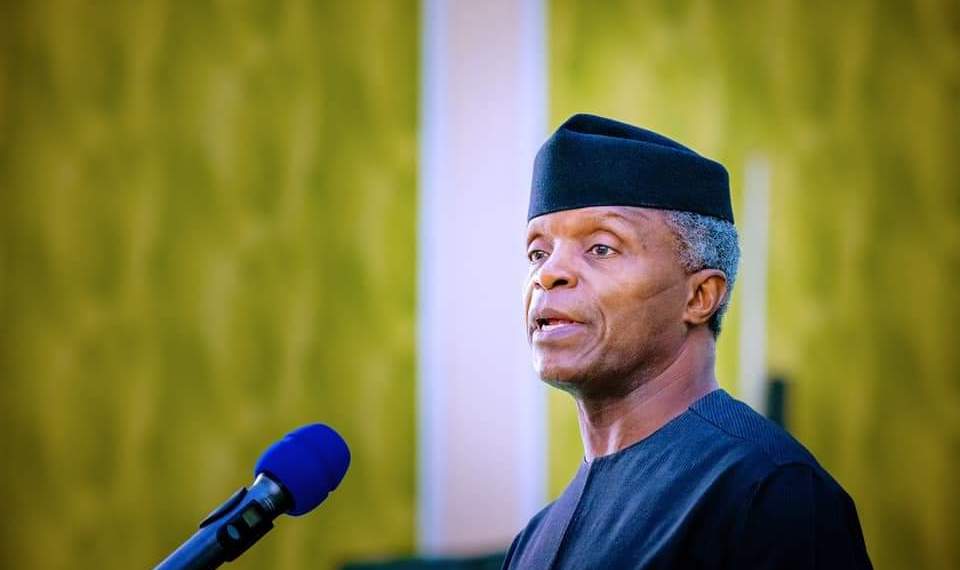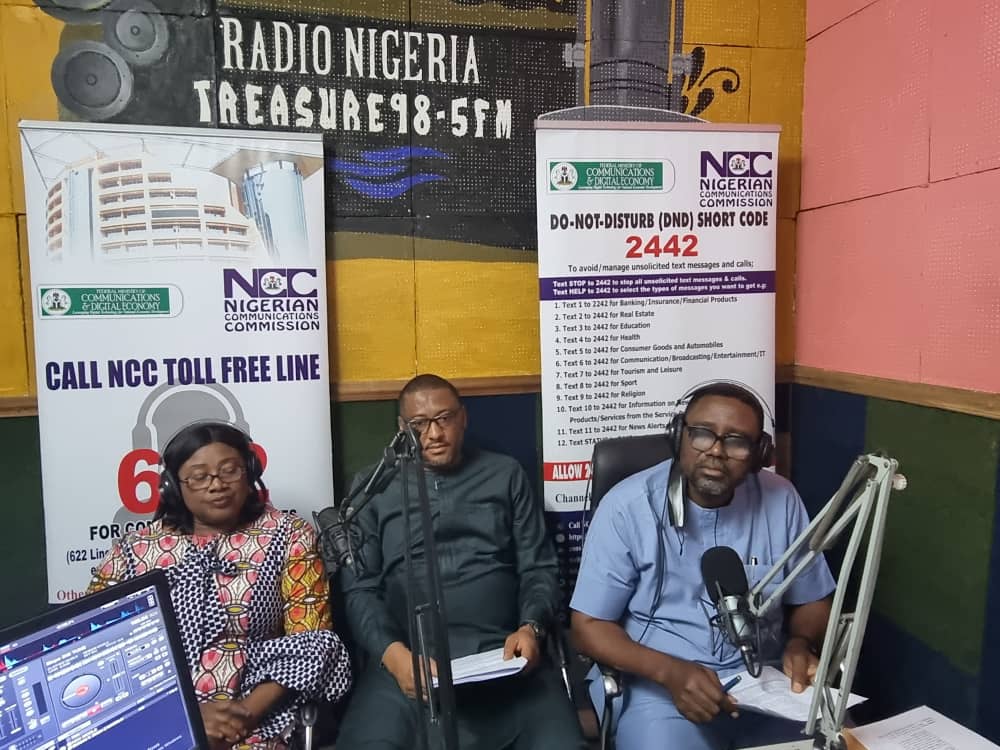The Race to Political Power Amidst Serial Corruption, By Kabir Fagge Ali
Throughout its history, Nigeria has allowed political figures who have failed to meet public expectations to remain in or return to positions of power. This trend of political recycling has not only stifled progress but also perpetuated a cycle of inefficiency and corruption.
Nigeria ranks among the most corrupt countries globally, consistently appearing near the bottom of the Transparency International Corruption Perceptions Index (CPI). In 2023, the country was ranked 145 out of 180 countries, with a score of 25 out of 100, reflecting minimal improvement from previous years. The country’s persistent corruption is deeply rooted in its political culture, where high-profile politicians frequently escape serious consequences for their actions. For instance, despite numerous corruption allegations, former officials often receive minimal penalties or are pardoned altogether, as seen with former governors pardoned by former President Muhammadu Buhari.
Over the years, the Nigerian government has established institutions like the Economic and Financial Crimes Commission (EFCC) and the Independent Corrupt Practices and Other Related Offences Commission (ICPC) to combat corruption. However, these bodies often face significant challenges, including political interference and inadequate resources, which hinder their effectiveness.
Since gaining independence in 1960, Nigeria has seen a recurrent pattern of political leaders re-emerging in positions of power despite their previous failures. This trend spans various administrations and political parties, often characterized by a lack of accountability and transparency. One prominent example is the Senate leadership. David Mark served as President of the Senate from 2007 to 2015. Despite controversies surrounding his tenure, including allegations of misappropriation of funds and lack of transparency, often re-emerged in various political capacities. Similarly, Bukola Saraki, who served as Senate President from 2015 to 2019, faced numerous allegations of corruption and asset declaration discrepancies. Despite these issues, he continued to wield considerable influence in Nigerian politics, running for the presidency and remaining active within the political arena.
Similarly, state governors in Nigeria have also exemplified this trend. James Ibori, the former Governor of Delta State (1999-2007), was convicted of corruption and money laundering. Despite his conviction and imprisonment, he remains an influential figure in Nigerian politics, with significant support and influence within his home state and beyond. Another example is Diepreye Alamieyeseigha, the former Governor of Bayelsa State (1999-2005), who was impeached and later convicted of corruption. Despite this, he continued to be an influential political figure until his death, and his family remains active in politics.
These cases highlight how political figures, even after being held accountable for significant misconduct, continue to wield influence and often return to positions of power.
This trend is not limited to high-ranking officials. Ministers and other political appointees in Nigeria also exhibit this pattern. For instance, Diezani Alison-Madueke, the former Minister of Petroleum Resources, was implicated in numerous corruption scandals. Despite being under investigation and facing charges, she remains a prominent figure, and her case highlights the challenges of holding high-ranking officials accountable.
The re-emergence of such figures in the political scenery perpetuates a cycle of inefficiency and corruption, preventing new and potentially more effective leaders from taking the helm.
On the contrary, in stark contrast to Nigeria and many African nations, political accountability in the United States often results in swift removal from office for leaders who fail to meet public expectations or are involved in scandals.
For example, Rod Blagojevich, the former Governor of Illinois, was impeached and removed from office in 2009 after being charged with corruption, including attempting to sell a Senate seat. His removal demonstrated the U.S. system’s ability to hold officials accountable.
Similarly, Anthony Weiner, the former U.S. Representative, resigned in 2011 after a scandal involving inappropriate online behavior. Despite attempts to return to politics, his repeated misconduct prevented a successful comeback. Katie Hill, another U.S. Representative, resigned in 2019 amid allegations of inappropriate relationships with staffers and other ethical concerns. These resignations highlight the high standards of accountability for public officials in the U.S.
The recurrent emergence of previously unsuccessful leaders in Nigeria has major implications.
One major consequence is the stagnation of progress. Recycled leaders often bring back old policies and approaches that have already proven ineffective, hindering progress and innovation. This stagnation is evident in various sectors, including the economy, education, and infrastructure development and even the introduction of the old National Anthem of our dear nation. The lack of new and dynamic leadership prevents the implementation of fresh ideas and solutions that could drive the country forward.
Additionally, another life-threatening implication is the erosion of public trust. The public’s faith in the political system diminishes when leaders who have failed to deliver on their promises are allowed to return to power. This erosion of trust leads to apathy and disengagement among the electorate, further weakening the democratic process. When citizens feel that their votes do not lead to meaningful change, they are less likely to participate in elections and other civic activities, perpetuating a cycle of ineffective governance.
Furthermore, the preservation of corruption is another significant consequence of political recycling. Leaders who have previously engaged in corrupt practices are likely to continue such behaviors, further entrenching corruption within the political system.
This persistent corruption undermines the rule of law, hampers economic development, and exacerbates social inequalities. The lack of accountability for corrupt leaders creates an environment where corrupt practices are normalized and even expected, making it difficult to establish a culture of integrity and transparency in governance.
Consequently, to break this cycle of political recycling and foster more accountable and effective leadership, Nigeria should consider several measures. Strengthening democratic institutions is crucial. Enhancing the independence and capacity of institutions like the judiciary, electoral bodies, and anti-corruption agencies can help ensure that leaders are held accountable for their actions.
The leadership should ensure that these institutions are empowered to investigate and prosecute corruption and other misconduct without political interference.
Additionally, promoting political accountability is another essential step. Implementing mechanisms to hold leaders accountable for their actions and ensuring transparency in governance can help restore public trust in the political system. This includes enacting and enforcing laws that prevent individuals with a history of corruption and misconduct from holding public office. Also, the media and civil society organizations play a vital role in holding leaders accountable by investigating and reporting on corruption and other issues to the general public.
Moreover, encouraging political renewal is also necessary to foster effective leadership. Creating opportunities for new leaders to emerge by promoting political education and participation, especially among the youth and marginalized groups, can help bring fresh perspectives and innovative solutions to governance. Of course, this includes investing in civic education programs that teach young people about their rights and responsibilities as citizens and encouraging them to participate in the political process.
Ultimately, the practice of political recycling in Nigeria has hindered the country’s development and eroded public trust in governance. By learning from global examples like the United States, where political accountability is enforced more rigorously, Nigeria can adopt strategies to ensure a more accountable and effective political leadership.
This, in turn, would foster a more prosperous and stable nation. The journey towards breaking the cycle of political recycling will not be easy, but with concerted efforts and a commitment to accountability and transparency, Nigeria can pave the way for a brighter future.




